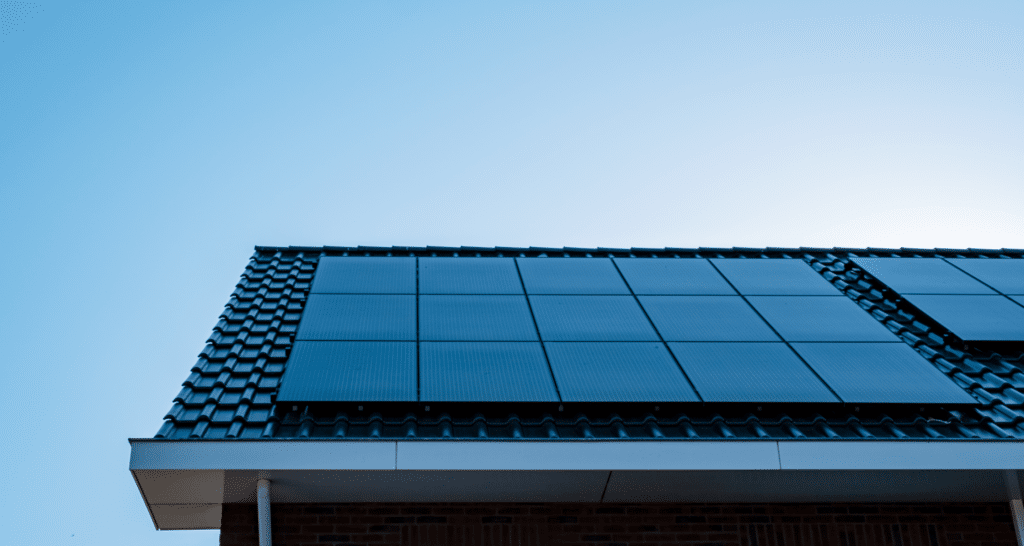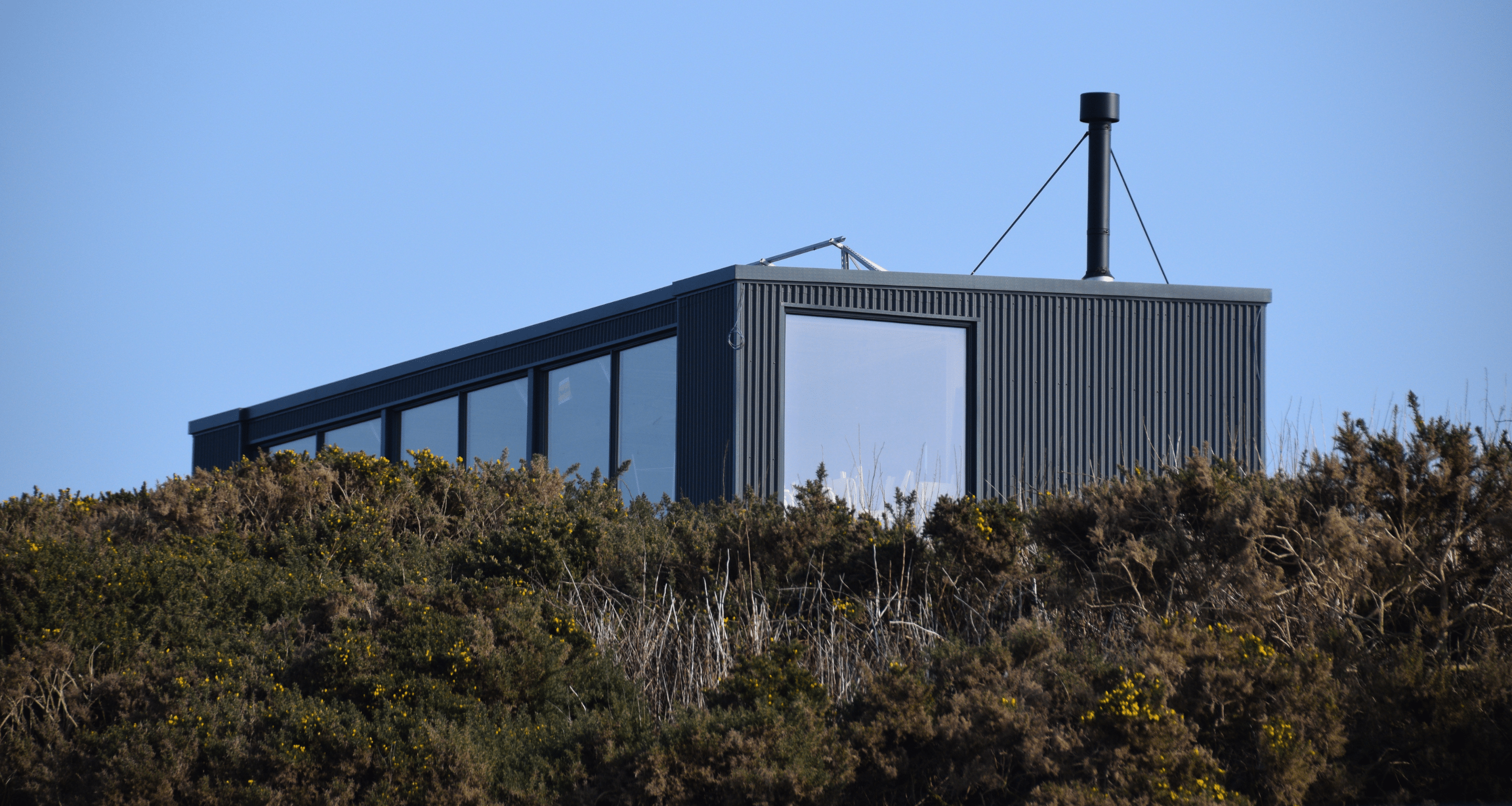Suppose your vision for your future means living a less ordinary life, being self-sufficient, connected with nature, and powered by individual and collective ingenuity. In that case, off-grid living might be your ticket. As custom home builders, we’ve previously discussed the off-grid homes revolution in Australia and how suburban dwellings can incorporate off-grid features.
Whether you’re a seasoned sustainability enthusiast or simply curious about alternative lifestyles, off-grid homes and communities offer a chance to live differently alongside like-minded individuals. This blog explores the technologies and solutions that communities worldwide use to generate power and manage waste and how these communities collaborate to create sustainable living wonderlands.
Off Grid Innovation Down Under And Beyond
Solar is a mainstay for power, particularly in Australia. Many communities are known to invest and manage shared solar farms, generating enough electricity to meet their collective needs. This approach reduces upfront costs for individual households and shares ownership and responsibility over their energy source.
Off-grid homes and communities worldwide are pioneering and deploying technologies and solutions to generate power and manage waste without compromising modern comforts. Solar thermal technology can heat water, and solar ovens and parabolic cookers are also great ways to maximise your solar investment and reduce reliance on traditional fuels.
Microgrids are an option for smaller communities, and individual off-grid households can rely on stand-alone solar power systems, typically consisting of roof-mounted solar panels connected to a battery bank.
Deploying SMART monitoring is also a wise investment in tracking energy production and consumption so everyone can adjust energy usage and ensure optimal system performance.

Closing the Loop on Water and Waste
Rainwater harvesting techniques, including greywater recycling and innovative filtration systems, help ensure a sustainable water supply. Alongside composting toilets, these water systems help reduce waste and use leftover resources for irrigation instead of being flushed away. Internationally, biodigesters are gaining traction by converting organic waste into biogas, a clean and renewable fuel source that can be used for cooking and heating.
Living Lightly On The Land
Sustainable building practices are a cornerstone of off-grid living. Communities strive to use locally sourced, supplied, and recycled materials to reduce transport emissions and support the local economy. Materials like rammed earth, salvaged wood, glass, and tyres draw inspiration from earthship designs, give new life to discarded items, and make for thermally efficient and resilient structures.
Many off-grid communities boost their waste reduction efforts through resource-sharing and repair initiatives. Knowledge and skills sharing is a significant part of successful off-grid living, with communities hosting workshops and events to educate and collaborate on sustainable practices.
Off-Grid Community Around The World
We see all of this deployed harmoniously in the examples below:
- Eco Villages Australia (EVA) empowers small groups (5-15) to build collaborative eco-communities, including Maleny, Queensland.
- Lillyfield Community in the Northern Rivers area of New South Wales
- Tinkers Bubble in the United Kingdom
- Finca Bellavista, treehouse community in Costa Rica.
- Workaway is a fantastic way to travel differently and experience off-grid and intentional living before fully committing to this lifestyle.
The Off Grid Living Expo is a fantastic resource and place to start researching, including useful Facebook pages and groups to join.
Eco-Conscious Building Starts Here
Off-grid living requires lots of planning, resourcefulness, and collaboration, yet the long-term rewards are immense. If this blog has you curious about an eco-friendly lifestyle, whether entirely off-grid or incorporating sustainable elements, let’s talk.
As established custom home builders, we specialise in designing and building passive and eco-homes, prioritising energy efficiency and environmental responsibility.

